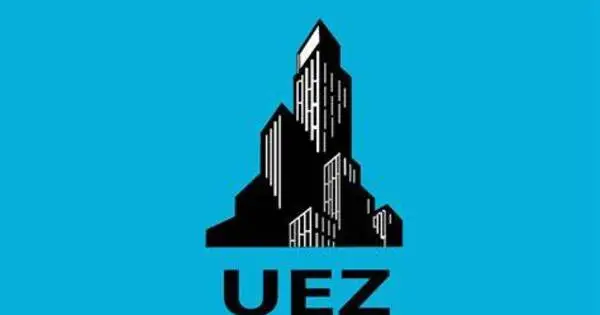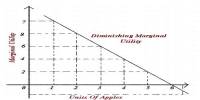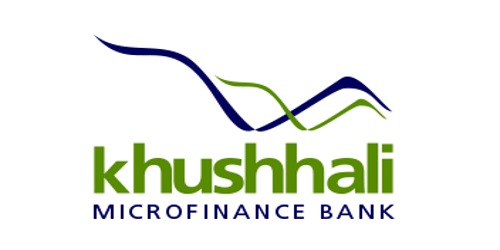An urban enterprise zone is a location where measures to promote economic growth and development are applied. It is a defined region within a city or municipality that is meant to foster economic growth, job creation, and business development in economically challenged urban areas. These zones are frequently developed as part of a government’s economic development strategy to rebuild specific areas or towns facing economic issues.
In order to attract investments and private enterprises, urban enterprise zone policies typically offer tax breaks, infrastructure benefits, and lower regulations. They are a type of special economic zone in which businesses can locate free of certain municipal, state, and federal taxes and restrictions.
Urban enterprise zones are designed to foster development in underserved communities by providing tax and regulatory relief to entrepreneurs and investors who start enterprises in the area. They are widely used in the United Kingdom and the United States. Regions with comparable economic policies are often referred to as export-promotion zones, tax and duty-free zones, and special economic zones (SEZs), which are most prevalent in China and India.
Key features of Urban Enterprise Zones typically include:
- Tax Incentives: One of the key benefits provided by UEZs is tax breaks for enterprises operating within the zone. Customers may benefit from lower sales tax rates, corporate tax credits, property tax abatements or exemptions, and employment tax credits. These incentives are intended to entice firms to invest and operate in the zone.
- Regulatory Relief: To make it easier for firms to create and operate within the zone, UEZs may offer faster permitting processes, reduced regulatory requirements, or exemptions from certain restrictions in particular situations.
- Job Creation and Retention: As a condition for receiving tax breaks or other benefits, several UEZ initiatives require enterprises to produce or retain a specified number of employment for local citizens.
- Infrastructure and Development: Governments may allocate funds to improve infrastructure and public facilities within the designated urban zone to make it more attractive for businesses and residents.
- Investment in Workforce: Some UEZ programs fund workforce development activities, including as job training programs and educational possibilities for local citizens.
The policies, eligibility requirements, and duration of UEZs differ from one jurisdiction to the next. The efficiency of these zones in fulfilling their objectives varies, and their success is frequently dependent on factors such as the local economy, the level of government backing, and the capacity of enterprises to take advantage of the incentives provided.
















